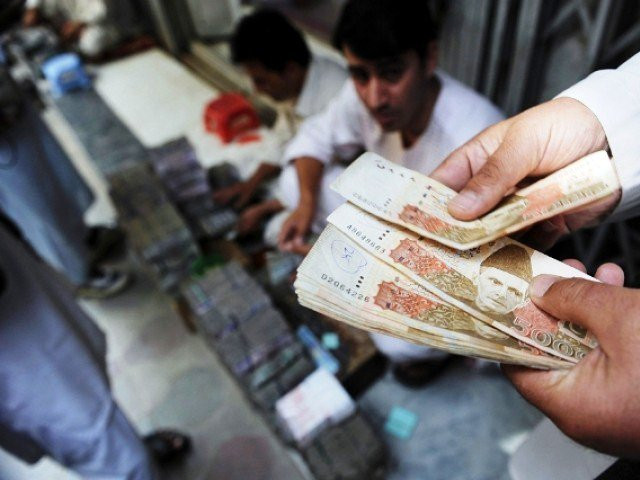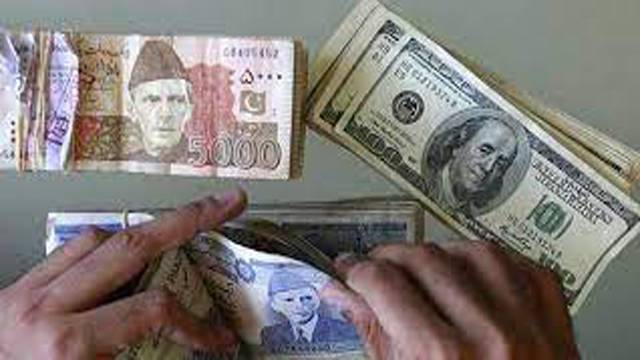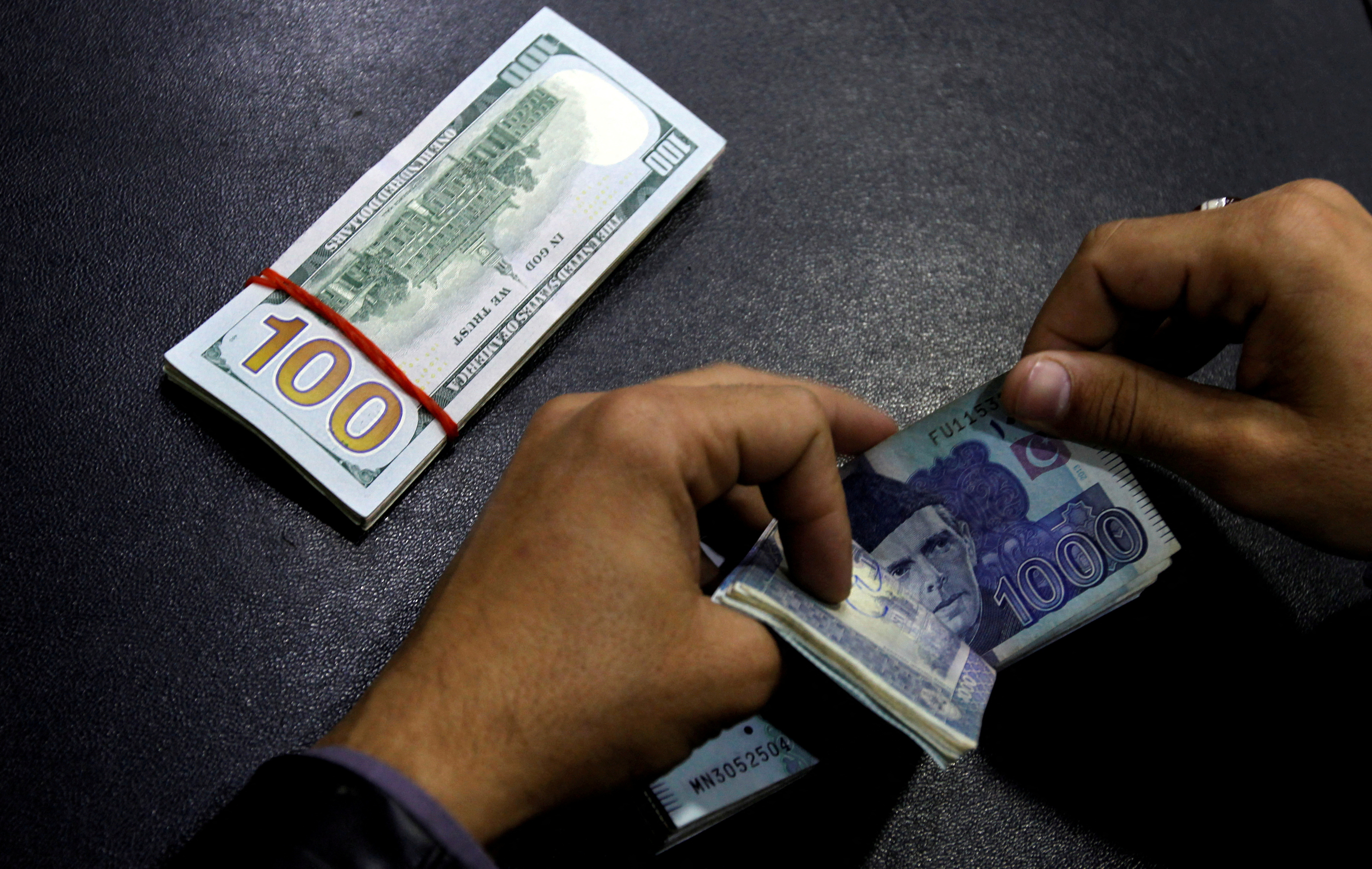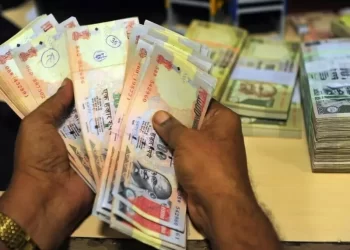The lingering political turmoil has been taking a severe toll on the market sentiments as the Pakistani rupee depreciated a further 3 % to a record 298.93 against the US dollar in the inter-bank market on Thursday.

The State Bank of Pakistan (SBP) data showed that the Pakistani currency closed at 298.93, another whopping decrease of Rs. 8.9 on the same day Thursday.
The rupee had also sustained losses against the US dollar on Wednesday, settling at 290.22 in the inter-bank market.
Political turmoil, IMF deal
The current political instability and the government’s failure to materialize the much-awaited bailout package deal with the International Monetary Fund (IMF) have been cited among the top most reasons for the free-falling rupee against the strong dollar.

The arrest of former prime minister and Chairman of Pakistan Tehrik-e-Insaf Imran Khan has added fuel to the fire. Analysts say that the IMF has further delayed the bailout package, which is adding to the financial woes of the country.
Imran Khan’s arrest
The paramilitary forces, on the directive of the National Accountability (NAB) orders, arrested Imran Khan in Al-Qadir Trust case. The PTI party workers and activists took to the streets soon after the arrest of Imran Khan as the agitation and riots spread across the country.

owever, the Finance Ministry said a day earlier that arrangements had been made to repay or roll over this fiscal year’s $3.7 billion debt.
“This should not be any cause of concern as arrangements have been made for the rollover/repayment of this debt,” the ministry said in a statement.
Default threat
For several months now, Pakistan’s economy has been experiencing severe instability due to a significant balance of payment crisis. The country’s central bank reserves have plummeted to the point where they can only cover imports for a month under government control.
There is growing worry that Pakistan may not be able to meet its external payment commitments, particularly if it is unable to reach an agreement with the IMF. Negotiations for an IMF deal have been ongoing since February, and failure to resume these talks could result in a potential default.
US dollar declines globally
The US dollar saw a general decline in value across international markets on Wednesday. This was mainly attributed to the ongoing debt ceiling crisis in the United States, with President Joe Biden and other top officials still unable to reach a resolution.
While there were marginal changes in currency exchange rates, market participants remained cautious ahead of the release of US inflation data later in the day.
Talks between President Biden and House of Representatives Speaker Kevin McCarthy were held on Tuesday but failed to produce an agreement on raising the US debt limit of $31.4 trillion. With time running out, the United States faces the possibility of a historic default if a resolution is not reached soon.
Against a basket of currencies, the US dollar index was last 0.07% lower at 101.55.
On Wednesday, oil prices, which are a crucial currency metric, declined after a three-day surge due to an unforeseen increase in US oil inventories, which raised worries about demand. Investors also awaited US inflation data, which would influence the top oil-consuming nation’s next rate decision.









